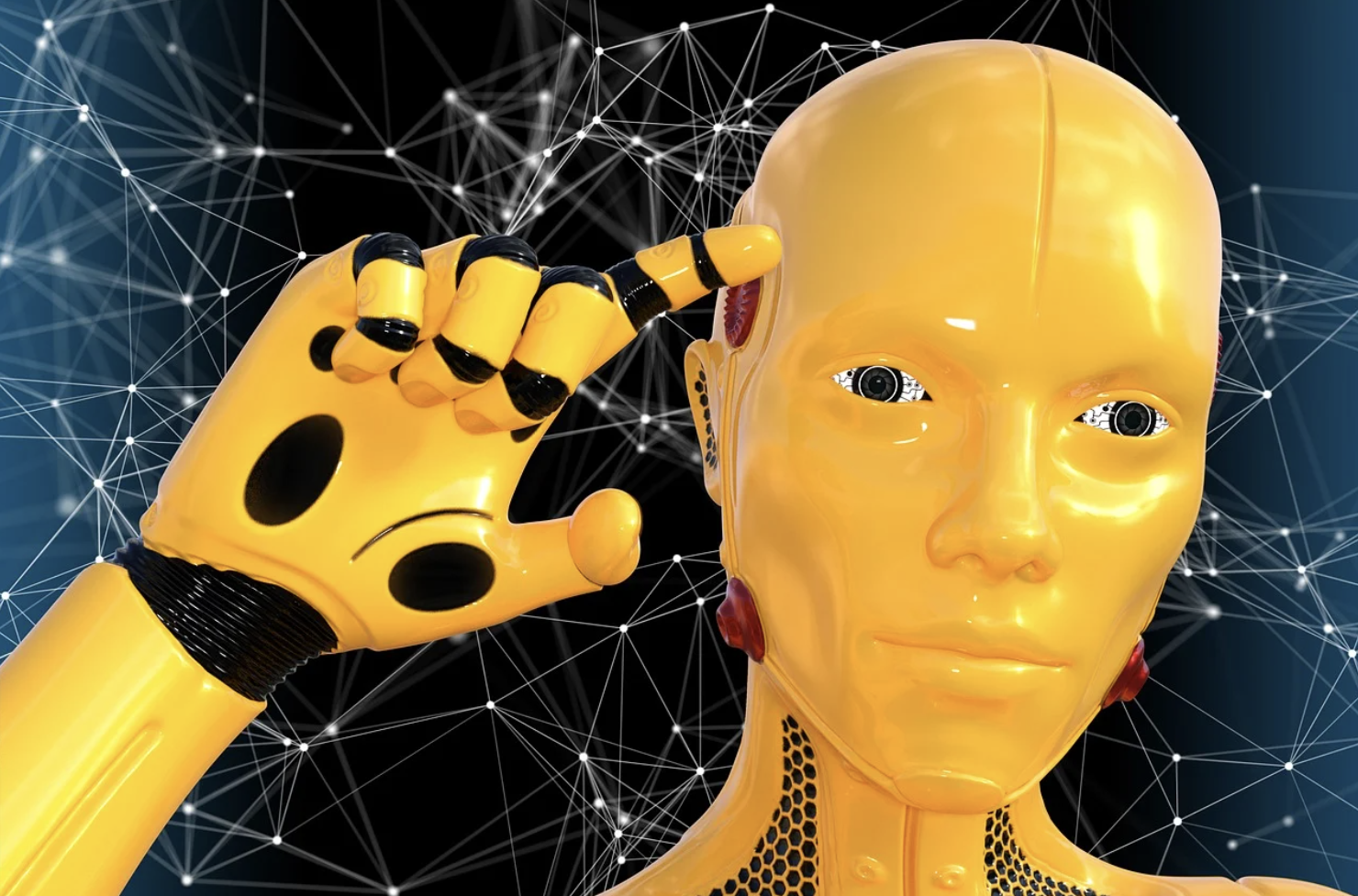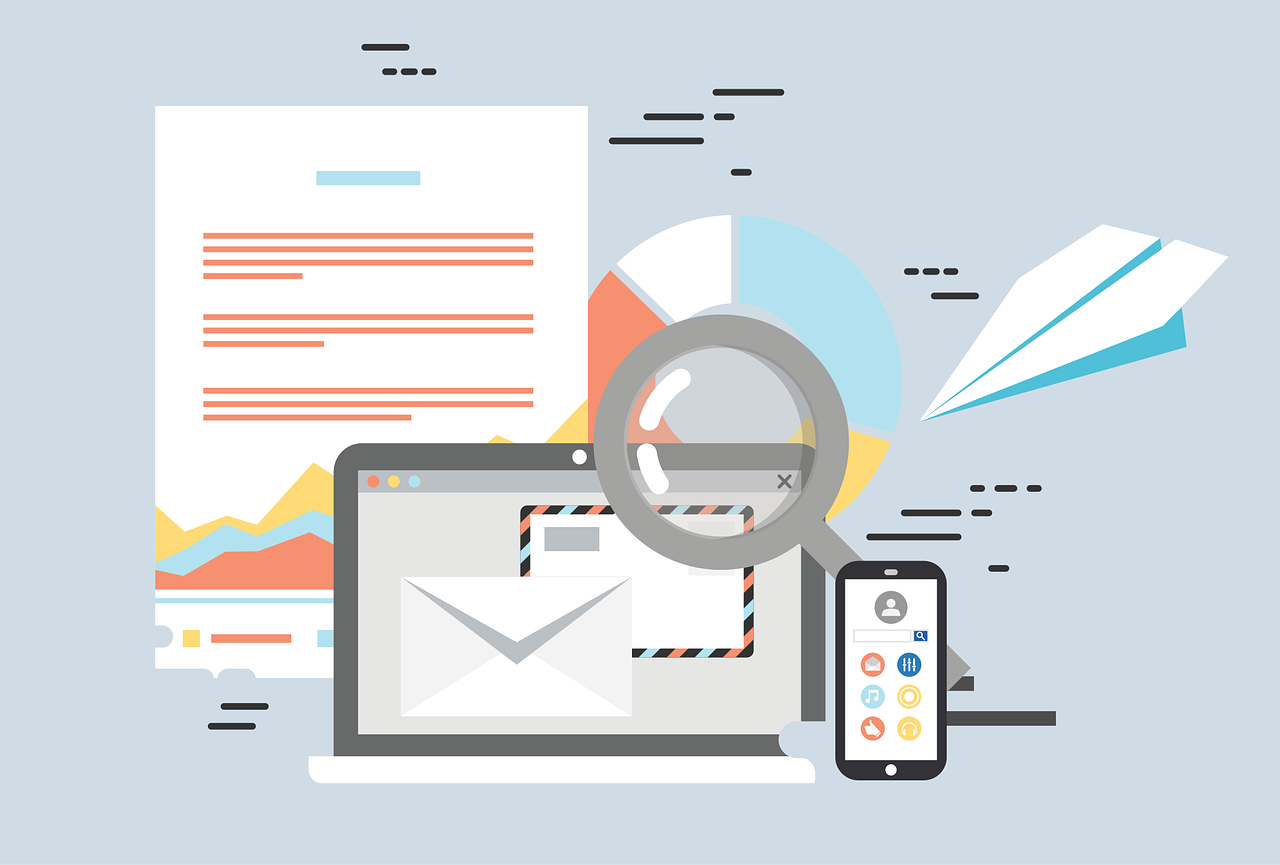For startups to reach success and established businesses to stay relevant, they have to embrace technology like artificial intelligence. Artificial intelligence tools are powerful, and when used right, can enhance a marketing team’s efficiency as well as the overall customer experience.
Let’s take a closer look at AI marketing below:
AI Marketing Basics
Artificial intelligence (AI) marketing makes use of AI technologies such as algorithms, machine learning, and data models to create automated decisions that can influence a business’s marketing efforts and manage relationships.
Artificial intelligence should not be seen as a replacement for marketing teams. Rather, it supports them. It makes a marketer’s job faster—and easier—by providing them with insights they can adapt to speed up content creation, personalize messaging, optimize spending, and give customers the best experience possible.
Some examples of popular artificial intelligence marketing solutions include:
- Apple’s Siri
- Amazon’s Alexa
- Google Assistant
- Microsoft’s Cortana
AI Applications in Marketing
Businesses can use artificial intelligence technologies to perform the following:
- Big Data Analysis: AI can gather and comb through big chunks of data from your campaigns in a matter of minutes, compared to the hours it would take your team to do manually. The data is accurate and gives you helpful information on how to improve your social media content, email marketing, and other digital marketing efforts.
- Media Buying: This can predict a business’ most viable ad and media placements, strengthening the ROI for its marketing strategy.
- Content Generation: Artificial intelligence can create detailed outlines for blogs as well as subject lines for emails, video captions, and more. Your writer can then refine the content to make it reader-friendly.
- Real-Time Personalization: AI can modify the audience’s experience with a social media post, email, or web page using their previous preferences. The goal is to get them to perform an action, whether it is registering for an event, purchasing a product, or getting in touch with a company representative.
- Natural Language Processing (NLP): An example of NLP at work would be chatbots on social media or websites, but it can also extend to content creation and personalization. It basically helps machines understand how people write and speak.
- Automated Decision Making: This uses previous data or outside data inputs to help a business figure out which marketing strategy they should use.
Why Should You Use AI Marketing?
AI marketing is gaining traction around the world since it helps make digital marketing campaigns more successful. Here are some of the benefits it can provide to your business:
- Customized Content: AI marketing allows marketers to understand their audiences better. They can use the information on customers’ preferences and create content that speaks to them on a personal level.
- Smarter Advertising: Using big data, AI gives you insightful analytics that can help you identify what to do differently with your ads. It can also study the results and enable you to develop more targeted advertising.
- Better Searches: This is another way big data can help businesses. It can examine the target audience’s search patterns and narrow down where to concentrate marketing efforts.
- Enhanced Customer Service: Thanks to artificial intelligence tools, customers can be attended to faster. AI chatbots have become commonplace today, and as technology gets even better, their performance will also improve.
Obstacles to AI Marketing
While AI marketing has made it easier for businesses to understand what their customers need and how to apply that to their marketing strategies, it is not without its issues. AI marketing tools are still relatively new, which is why you must be strategic with the way you use AI in your digital marketing campaigns and overall operations.
Here are a few things to consider:
Training Time and Quality of Data
Just like regular employees, AI marketing tools need time and training to learn the ropes of the business. You must make sure that your tools have learned the right goals, trends, and preferences. Otherwise, they will do you more harm than good.
Buy-In
Business stakeholders may be difficult to convince regarding the value of investing in artificial intelligence. The reason for this is that proving how AI marketing has enhanced the customer experience is not as pronounced as efficiency and ROI.
Privacy
It is not just consumers that are conscious about how their data is used. It is also regulating bodies. Your digital marketing team must see to it that they comply with GDPR standards while using consumer data. If they are not careful, your company may be given a big penalty and lose its good reputation.
Your AI marketing tools should be programmed to follow legal guidelines so they won’t go out of bounds.
Deployment
As mentioned earlier, AI marketing is still in its early stages. Best practices have not been set yet. Therefore, as any marketing consultant would tell you, do not only think about the benefits it can give you in the short term. Carefully consider its long-term consequences, too.
In Conclusion
With AI marketing, you can improve your employees’ productivity and efficiency while getting a better ROI for your marketing efforts. Artificial intelligence is definitely a tool you want to have in your arsenal, even if you start off using it only for simple activities like creating article outlines or email subject lines.
More businesses are adopting it into their digital marketing strategies and you do not want to get left behind. If you need help on where to begin, a business consultant like Ande Aditya can provide you with useful advice. He can also give you tips on other aspects of starting a Thai business. Visit Startup in Thailand to schedule a consultation with a brand development specialist in Thailand.
Please read more about Ande’s thought leadership on Future Businesses and the top 10 technologies that would prevail in our future times.
Bio Revolution | Genetic Engineering | Clean Energy | Virtual Reality | Sustainability | Nano Technology | Machine Learning | Internet of Things (IoT) | Artificial Intelligence | Cyber Security & Cloud Computing








